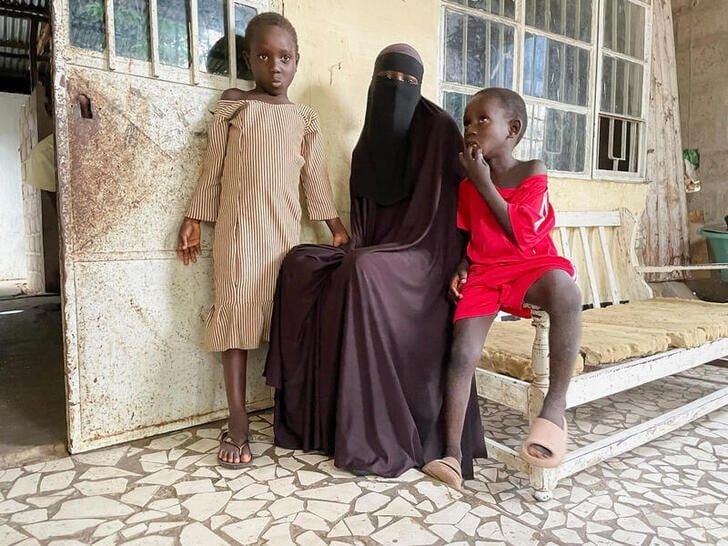
The World Health Organization (WHO) issued a warning on Tuesday, alerting that without prompt preventative measures, more than half of the world’s nations could face high or very high risks of measles outbreaks by the end of this year. This concerning trend of rising measles cases across various regions is attributed largely to vaccination gaps during the COVID-19 pandemic, a time when healthcare systems were strained and fell behind on routine vaccinations against preventable diseases.
Natasha Crowcroft, the WHO’s Senior Technical Adviser on Measles and Rubella, stressed the importance of urgently addressing these vaccination gaps to prevent measles from exploiting them. According to data analyzed by the U.S. Centers for Disease Control and Prevention (CDC) in conjunction with WHO data, the risk of outbreaks is imminent in over half of the countries worldwide. Crowcroft called for immediate government action to protect children, highlighting a lack of commitment amid other pressing issues such as economic crises and conflicts.
Measles is a highly contagious airborne disease, primarily affecting children under five years of age. However, it can be prevented with two doses of the vaccine. Since the year 2000, the vaccination effort has averted over 50 million deaths. Despite these efforts, there was a 79% increase in measles cases last year, with more than 300,000 reported cases, a figure that likely represents just a fraction of the actual total. Outbreaks have been reported in every WHO region except the Americas, raising concerns worldwide.
Crowcroft pointed out that death rates from measles are higher in poorer countries due to weaker health systems. However, she warned that middle and high-income countries are also at risk of outbreaks and deaths, referring to the numerous measles outbreaks around the world in 2019 as a worrying precedent for 2024.
Your article helped me a lot, is there any more related content? Thanks! https://www.binance.info/lv/register-person?ref=B4EPR6J0
I don’t think the title of your article matches the content lol. Just kidding, mainly because I had some doubts after reading the article.